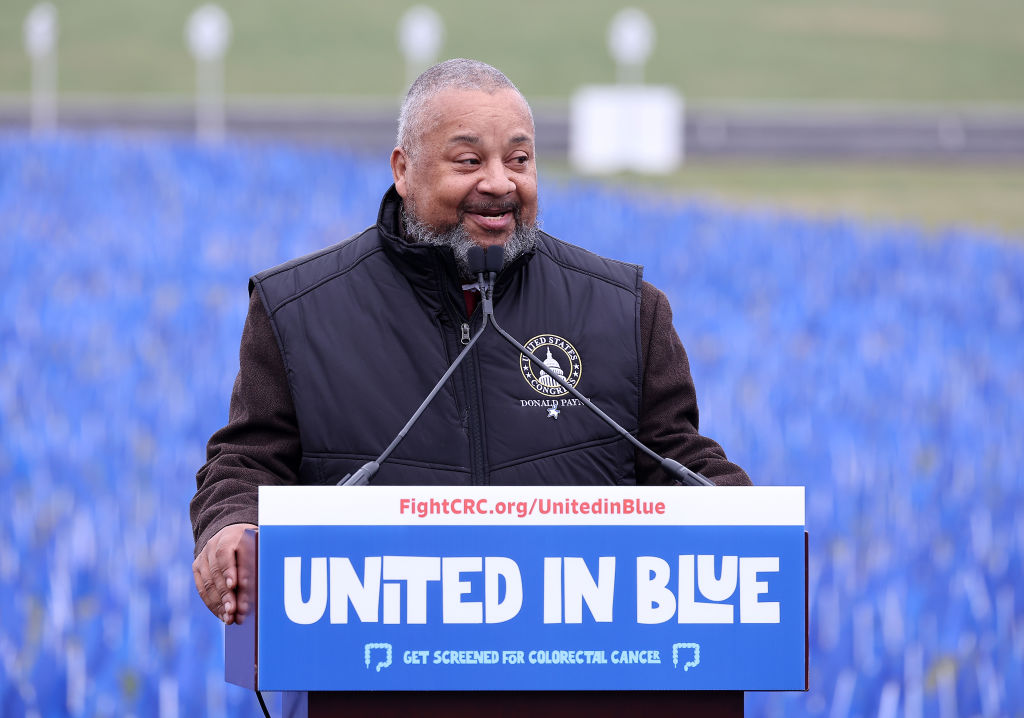Hall of Fame catcher Gary Carter, whose single for the New York Mets in the 1986 World Series touched off one of the most improbable rallies in baseball, died Thursday. He was 57.
Carter was diagnosed with a malignant brain tumor last May, two weeks after finishing his second season as coach at Palm Beach Atlantic University.
"I am deeply saddened to tell you all that my precious dad went to be with Jesus today at 4:10 p.m.," Carter's daughter Kimmy Bloemers wrote on the family website. "This is the most difficult thing I have ever had to write in my entire life but I wanted you all to know."
Mets spokesman Jay Horwitz said Carter died at a hospice in the West Palm Beach, Fla., area.
"Nobody loved the game of baseball more than Gary Carter. Nobody enjoyed playing the game of baseball more than Gary Carter. He wore his heart on his sleeve every inning he played," Mets Hall of Fame pitcher Tom Seaver said.
Gary Carter Will Be "The Kid" Forever
Carter was an 11-time All-Star and three-time Gold Glove winner. His bottom-of-the-10th single in Game 6 of the 1986 World Series helped the New York Mets mount a charge against the Boston Red Sox and eventually beat them.
U.S. & World
News from around the country and around the globe
Carter played nearly two decades with the Mets, Montreal, San Francisco and the Los Angeles Dodgers. He led the Expos to their only playoff berth and was the first player enshrined in Cooperstown wearing an Expos cap.
Carter was known as much for his effervescent personality as his talents at the plate and behind it. He earned the nickname "Kid" as an eager teen in his first major league camp and the label stuck for the rest of his career, and beyond.
"An exuberant on-field general with a signature smile who was known for clutch hitting and rock-solid defense over 19 seasons," his Hall plaque reads.
The bronze plaque shows him with a toothy grin, too, forever the Kid.
"Gary was one of the happiest guys in the world every day," Mets teammate Mookie Wilson once said.
With curly, blond locks flaring out from beneath his helmet, and a rigid, upright batting stance, Carter was immediately recognizable at the plate.
He was especially enthused during the biggest moment of his career. The powerful Mets were down to their last chance in the '86 Series when Carter stepped up with two outs. No one was on base and New York was trailing Boston 5-3 in the bottom of the 10th inning in Game 6.
Carter said he had just one thought in mind: "I wasn't going to make the last out of the World Series."
True to his word, he delivered a clean single to left field off Red Sox reliever Calvin Schiraldi. Kevin Mitchell followed with a single and when Ray Knight also singled, Carter scampered home from second base.
As Carter crossed the plate, he clapped his hands, pointed at Wilson on deck and clapped again. Moments later, Bill Buckner's error scored Knight for an amazing 6-5 win. Carter rushed from the dugout to join the celebration at home plate, catcher's gear already on.
Overshadowed by the rally was the fact that Carter had tied the game with a sacrifice fly in the eighth. Then in Game 7, Carter drove in the tying run in the sixth inning, and the Mets went on to win their most recent championship.
Carter homered twice over the Green Monster at Fenway Park in Game 4 and totaled nine RBIs in that Series. Since then, only one player has gotten more in a World Series (Sandy Alomar Jr. had 10 for Cleveland in 1997).
Overall, Carter hit .262 with 324 home runs and 1,225 RBIs with the Expos, Mets, San Francisco and the Los Angeles Dodgers. He set the major league record for putouts by a catcher, a testament to his durability despite nine knee operations.
Carter twice was the MVP of the All-Star game. He won the award in 1981 by homering twice in baseball's first game after a players' strike that lasted two months. He remains the lone player to have a two-homer performance in an All-Star game and a World Series game.
He set the NL record for games caught, but spent his first full season in the majors primarily as Montreal's right fielder. His first All-Star appearance came that year, in 1975, as a defensive replacement in left field for Pete Rose.
Carter was recognized, too, for his contributions off the field when he was honored with the Roberto Clemente Award.



